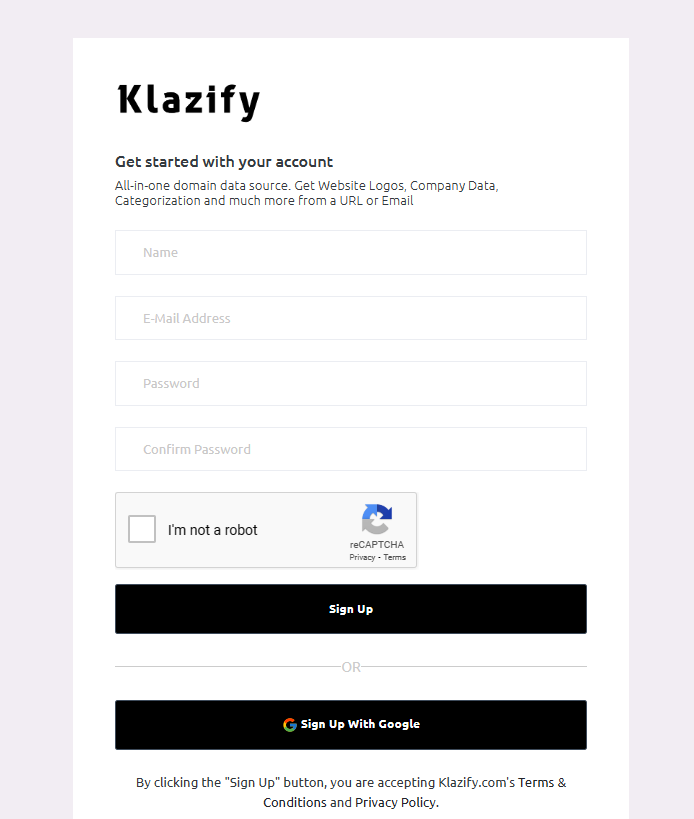If you’re a developer, you might need to extract information from an enterprise to be used in an application. It is not easy to get all of that sorted swiftly, but an Enterprise Information API is an incredible tool that might help you.
Simply put, Enterprise Information APIs are intermediaries that allow different applications to talk to each other. They can be used to access and retrieve data from a wide range of enterprise systems, such as databases, ERP systems, and CRM platforms.
Now the question is, how powerful are these Enterprise Information APIs to extract information from enterprises? Well, to make things easier for you, we’ve listed down some advantages of Enterprise Information APIs.
Advantages Of An Enterprise Information API
One of the key advantages of enterprise information APIs is that they can provide a standardized way of accessing enterprise data. This makes it easier to integrate that data into other applications and systems. This can be particularly useful for organizations that have a lot of different systems and data sources. Enterprise information APIs can help to streamline and simplify the process of accessing and sharing that data.
Another advantage of APIs is that they can be used to automate data retrieval and processing tasks. For example, a company might use an API to automatically pull data from a CRM system. It may use this to generate customized reports or analytics dashboards. This can help to save time and reduce the risk of errors. Human errors are minimized since data retrieval and processing are handled automatically.

Overall, the power of APIs to extract information from the enterprise lies in their ability to provide a standardized and automated way of accessing and processing data from a wide range of sources. This can help organizations to streamline their data retrieval and processing workflows, and to make better use of their data to drive business outcomes.
Trying to understand the market by surfing the internet is as exhausting as it sounds. Klazify makes the whole process easier for developers. Klazify is an application programming interface (API) that helps its users gather information regarding any enterprise they want to. Retrieving data from any enterprise system, this API makes categorization easy and helps recoup data from any database.
How Klazify Works?
Offering its users state-of-the-art accuracy, Klazify serves as a trusted public standard source making sure developers get the best experience.
Klazify proffers its users an Enterprise Information API, which can be used to retrieve various data related to a company’s internal operations and processes, as well as its external interactions with customers, partners, and suppliers. This data can include inventory and supply chain data as well as sales and customer data. Klazify makes it easy for developers to access such databases, helping developers retrieve data easily.
To start, you can sign up on Klazify (www.klazify.com) and get an API key. You can use this key to obtain information regarding any enterprise. Just submit the domain name, URL, or email, which the API would use as input to generate an output.
For example, if you want to retrieve Linkedin information, just submit Linkedin.com, and on the next page change endpoint from All Together to Company API.
Run the API and it will generate a response containing the company’s up-to-date information. Klazify generates a response as follows:
{
"domain": {
"domain_url": "https://www.linkedin.com"
},
"success": true,
"objects": {
"company": {
"name": "LinkedIn",
"city": "Sunnyvale",
"stateCode": "CA",
"countryCode": "US",
"employeesRange": "10K-50K",
"revenue": 2990911000,
"raised": null,
"tags": [
"Internet",
"Technology",
"SAAS",
"B2C",
"Mobile",
"B2B"
]
}
}
}


